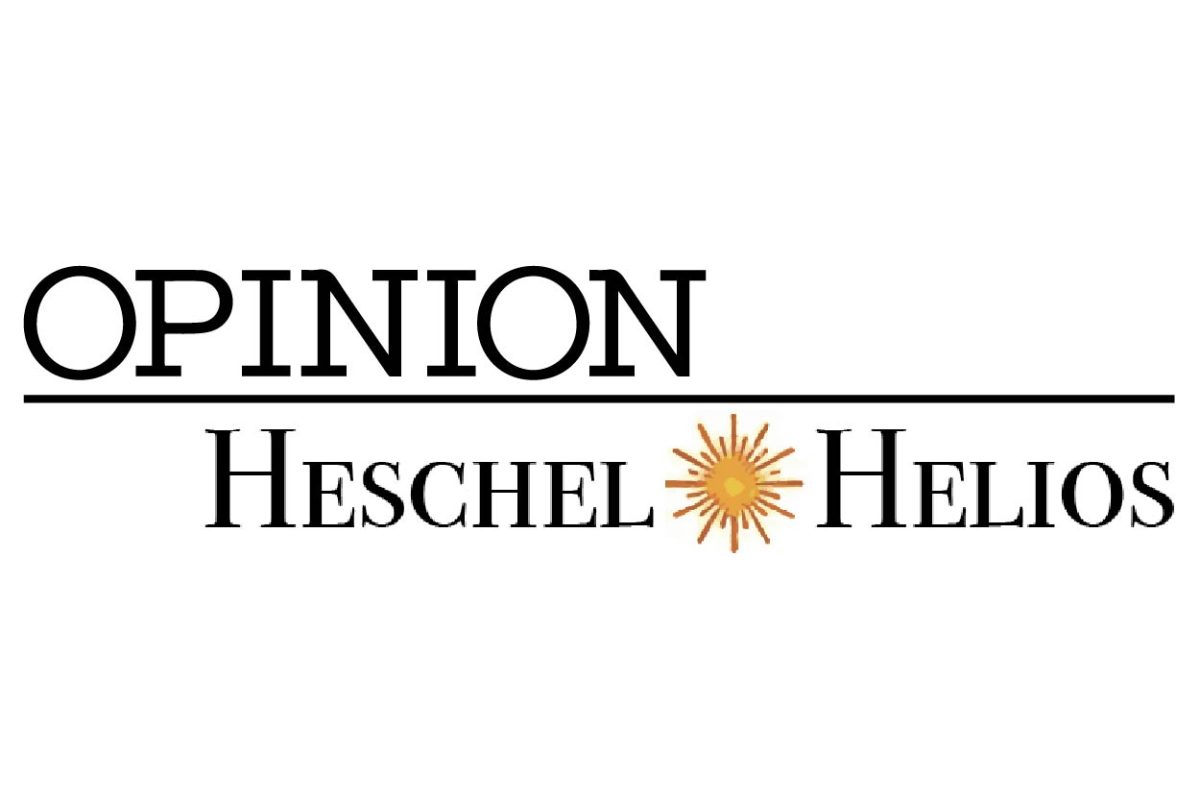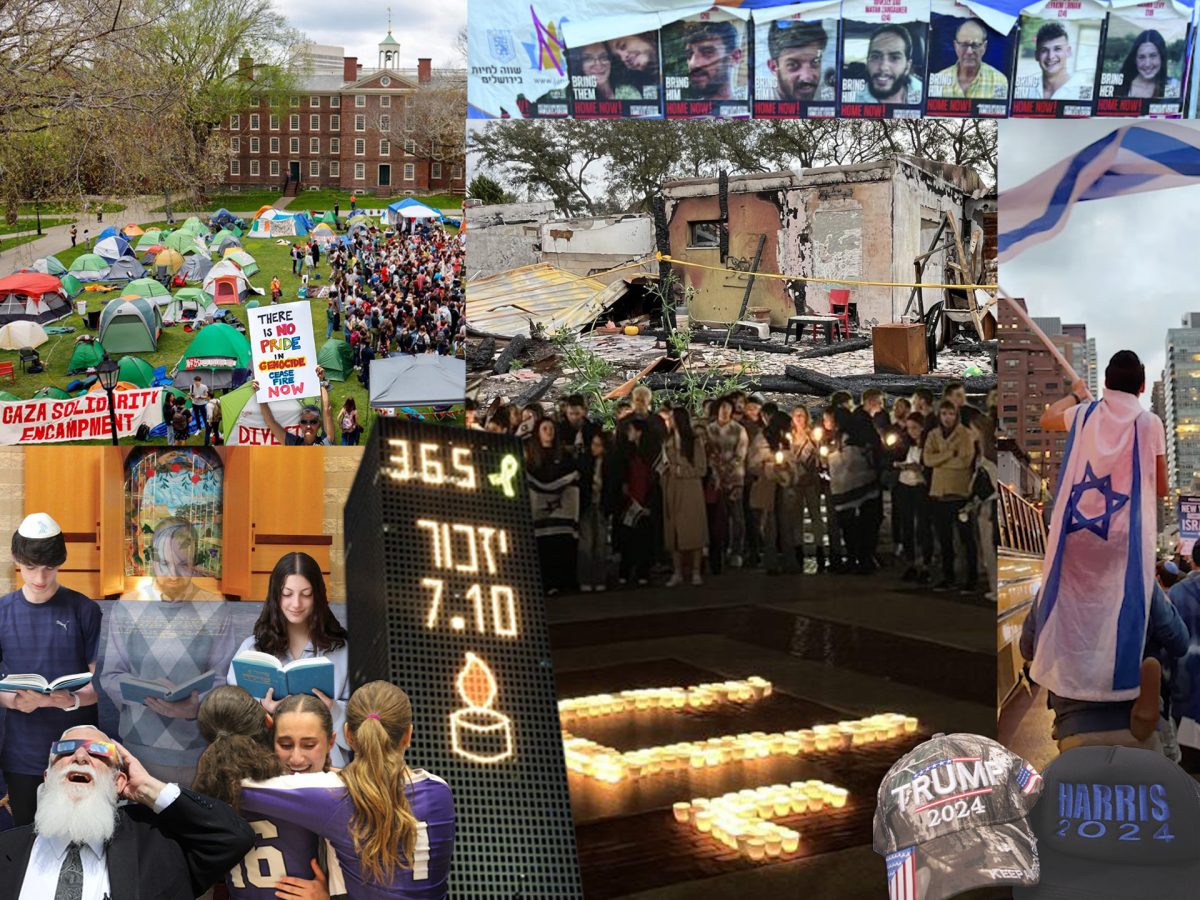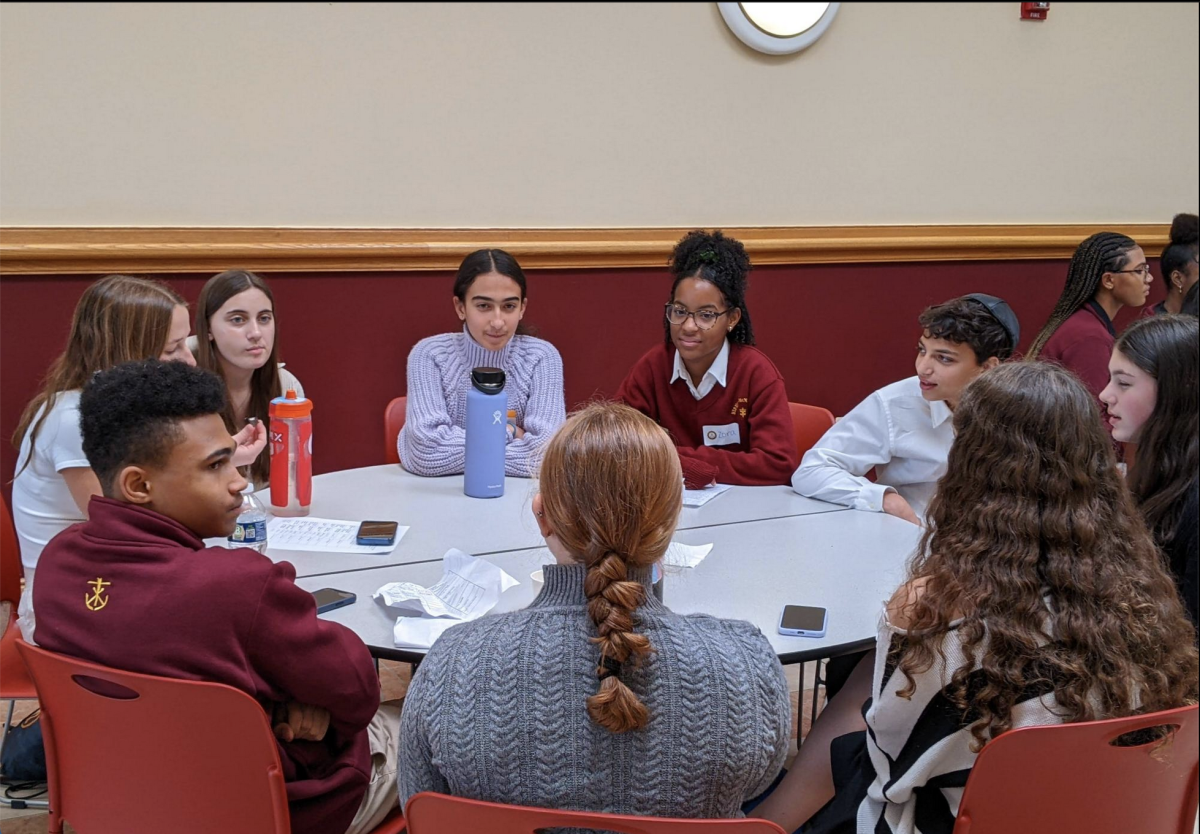The current conflict in Israel and Gaza has sparked a fierce debate within the Jewish community, in addition to the global response after Oct. 7. CESJDS is no exception with the release of multiple open letters to the community. From “Israeli military occupation as apartheid” and “genocidal intent” in the original letter to “this small group of self-hating Jews” in reference to those who signed the first letter by the responding group, there is no question that the terminology used in both open letters to the community is emotionally charged and inflammatory.
But at the end of the day, all our school got was negative press attention and the presumption that our community is more divided than ever. So what can we gain from this?
Not only do both letters have provocative language, but they also seem to represent the two extremes of potential opinions on the infinitely large series of spectra on the Arab-Israeli conflict from the perspective of Jews. This paints the false assumption that these polar opposite views are the only two views that exist within the school, especially from the perspective of an outsider.
But that isn’t true. From what I have gathered from my peers and teachers, it seems that there’s a form of a “silent majority” that has more mixed and/or nuanced views on any and all aspects of the ongoing conflict and the Arab-Israeli conflict as a whole.
In addition, the large number of current students who signed the response letter furthers that narrative. Although the primary reason for signing it seemed to be in support of Israel and JDS, by endorsing a document with belittling and demeaning language, it is implied that those who signed it support 100% of the content within.
It’s important to recognize the thought processes behind some of the conclusions that people come to about any opinion, but especially regarding such a sensitive topic as this one. Many members of our community have ties to the region, which may influence their views. And political affiliations will color anybody’s views on the conflict as a result of the polarizing nature of our political system.
No opinion should be immediately discredited based on emotional reactions or logical shortcuts, as that never yields any positive outcome for that conversation. But if you want to prove something wrong, it’s imperative to use confirmed factual evidence and logic to support your argument.
However, there are some facts in relation to the CESJDS community that I believe should be enumerated in order to invalidate some of the phrasing and assertions used in both articles.
The statement that JDS’s education on the conflict was “defined by false narratives and glaring omissions… funnel[s] generations of Jewish youth toward unconditional support for Israel’s militarism” is an assumption based solely upon an observation of some people within the JDS community and not the actual education that is provided.
As someone who took both the History of Modern Israel and Arab-Israeli Conflict courses in the past year, I can say that both courses recognize and delve deeply into the nuance and retelling of history from both distinct perspectives. There is no “cognitive dissonance” at play, as the whole purpose of the latter course is to gain as much of an informed view of the facts, and how both sides portray them.
Some may go into those courses with preconceived notions about the conflict, which will color how they view the content of the classes. But assuming that because some people came out of JDS holding certain views, it does not mean that their education at JDS is to blame.
Regarding the response letter, I feel less confident in my critique. I know that many people at JDS fully support its core message of fighting against antisemitism at home and abroad, and I do as well. But referring to those who wrote and signed the first letter as “self-hating Jews” and alienating them from our community is a contradiction to the values of pluralism and community, both of which are core to JDS.
The hundreds upon hundreds of alumni and their parents, in addition to approximately 75 current students who endorsed these hurtful words, especially in comparison to the slim number of those who signed the first open letter, only magnifies the perceived message of intolerance that is explicitly stated in its text.
I recognize how emotionally charged this topic is for those who have a personal connection to it. But we still need to be able to treat everyone with the same basic decency that we all expect from others.
I sincerely hope and remain optimistic that the majority of those who signed both letters do not support the marginalization of opposing viewpoints. If that were the case, no respectful debate could ever occur at this school. Although I have seen some heated arguments, I have also participated in and overheard productive dialogue about the conflict. This allows me to hold out hope for the future of our community.
This story appeared in the Lion’s Tale on Jan. 12, 2024.


















